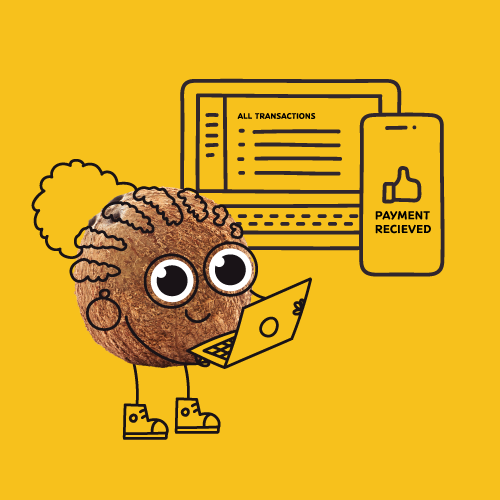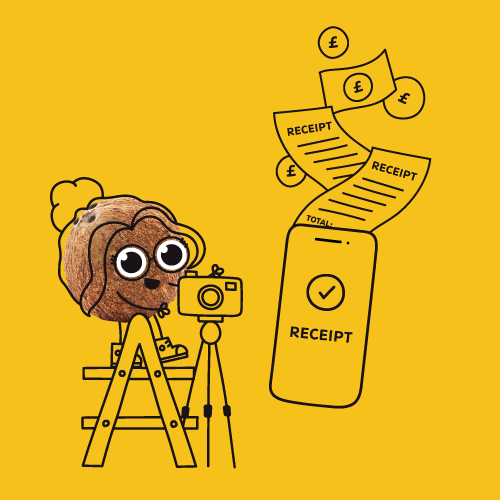Small-businessowners’ lives are often very busy (much like yours, no doubt). Without enough hours in the day and so many things to do and think about, tax usually falls way down their list of priorities.
That’s where you can support them, of course, which includes reminding them of key tax dates, so that they don’t miss them and receive an unwelcome penalty from HMRC. Client newsletters are a great way to let recipients know about key upcoming tax dates and deadlines, of course. So, what key 2024-25 tax dates should you be telling your small business, sole trader, freelancer and landlord clients?
APRIL 2024
● 1 April 2024 will bring in an increase in the VAT-registration threshold, from £85,000 to £90,000 per year.
● 5 April 2024 of course marks the end of the 2023/24 tax year, when tax reliefs and exemptions for that tax year also end.
● 6 April 2024 marks the start of the 2024/25 tax year. Key changes being introduced this year include: the main Class 1 National Insurance rate for employees will decrease to 8%; for the self-employed, Class 4 NICs will be reduced from 9% to 6%, while Class 2 NICs will be abolished.
● 19 April 2024 is the deadline for the final PAYE submission for the2023/24 tax year, which is important for small-business clients with employees on payroll.
● 30 April 2024 is when penalties for unfiled Self-Assessment tax returns begin to apply, in addition to the automatic £100 late-filing penalty.
● Late filing penalties After 30 April, it’s £10 a day for up to 90 days, then after six months there’s a further penalty of 5% of the tax due or £300 (whichever is higher). After 12 months, another 5% or £300 charge is payable. It’s worth reminding your clients of the benefits of not missing the filing deadline.
JULY 2024
● 31 July 2024 is the last day that your sole trader clients can make a second payment on account towards their next tax bill.
OCTOBER 2024
● 5 October 2024 is the deadline for self-employed, sole trader, freelancer and landlord clients to register for Self Assessment to report taxable income received in 2023-24.
● 31 October 2024 is the deadline for submission of paper-form 2023-24 Self Assessment tax returns (although less than 3% now submit paper returns).
JANUARY 2025
● 31 January 2025 is the deadline for online Self Assessment tax returns for the 2023/24 tax year and for paying any tax owed. It’s also the date when clients need to pay their first Payment on Account for next year’s estimated bill.
WAVE GOODBYE TO JANUARY TAX RETURN HELL
Every year, many sole traders, freelancers, ordinary business partners and landlords leave filing their Self Assessment tax returns until the weeks, days or even hours before the midnight 31 January online-filing deadline.
Accountants who complete client Self Assessment tax returns can also waste a lot of time, effort and energy every January trying to get the information they need from their clients. However, there’s a far better way for you and your clients.
Obviously(although your clients may not know this), Self Assessment tax returns can be filed any time after the tax year ends (each year about a quarter of a million returns are filed in the first week of the new tax year). Encouraging your clients to give you all of the information you need to complete their Self Assessment tax returns much sooner after the tax year ends could make life much easier for all concerned.
AND THERE’S SOMETHING ELSE YOU CAN DO
Chaotic finances (including accounting records that just aren’t updated regularly enough) are a major source of anxiety for many small-business owners, sole traders and freelancers. They know they should do better, but it’s a struggle, because there are so many other things to take care of, plus, many people dislike the financial side of running a business.
Why not get your sole trader, freelancer, ordinary business partnership and landlord clients to start using Coconut? It was created to meet their practical needs. Coconut is smart yet simple accounting software that’s dead easy to use. It can help your sole trader, freelancer, business partnership and landlord clients to keep their finances far better organised, which could make their life – and yours – much easier.
Coconut key user benefits
Coconut is a mobile app, so your clients can use their mobile devices to access it wherever they are, so they can always stay connected to their financial records. They can connect their bank and credit card accounts, so that their business transactions are always entered into their accounting software.
Expenses receipts can be snapped and safely stored as proof should HMRC request it. One of Coconut’s major selling points is it enables users to conveniently record, categorise and organise their expenses, ensuring that they claim for them all. Coconut also enables users to effortlessly create and send professional-looking invoices and check to see whether they’ve been paid.
Creating a free partner account gives you access to your client’s records, so you can assess and advise on their numbers or complete their Self Assessment tax return.
A Coconut subscription costs just £9 for business users, but excellent discount deals are available to accountants who want to use Coconut as part of their client service provision, especially those who sign up five or more clients.
● To find out more about current deals for accountants, book a call with us. We’d love to tell you more about how Coconut can help you and your clients.











